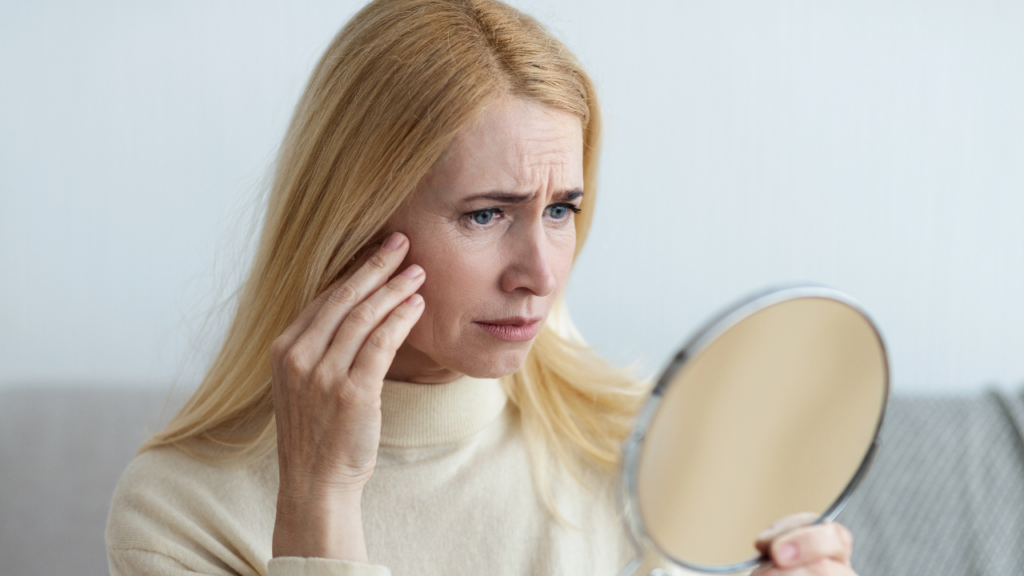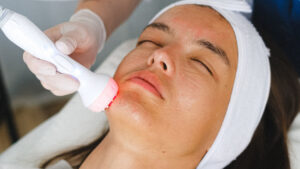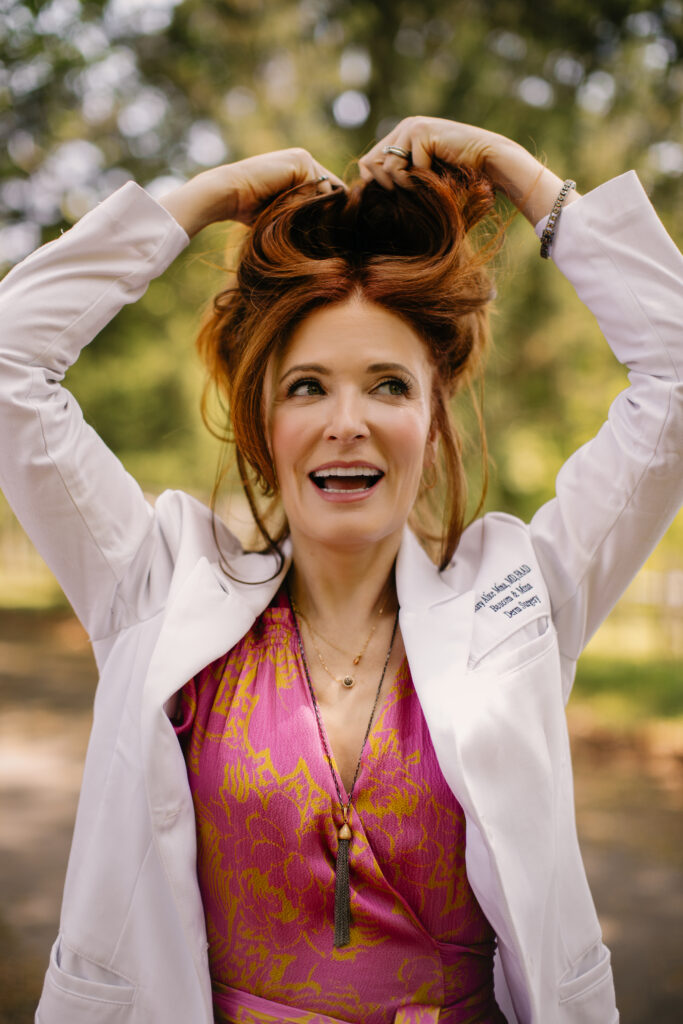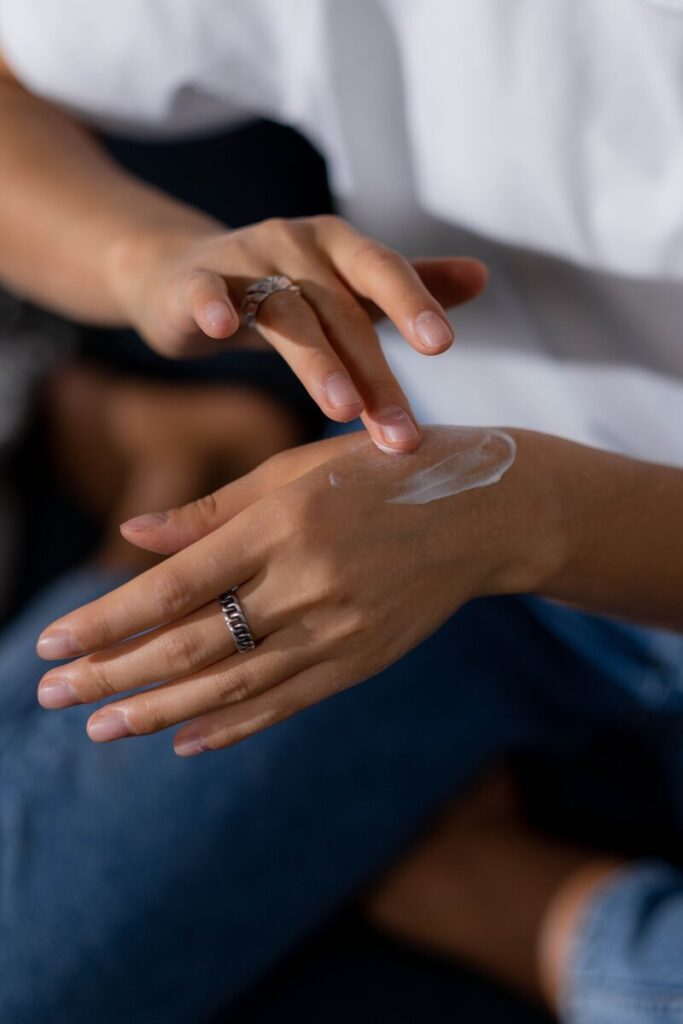As a dermatologist who also focuses on aesthetics, I come across many people who want to look and feel their best. It’s normal to think about your appearance from time to time, but what happens when the desire to look good starts to consume every thought and action, to the point where it affects your daily life and happiness? You might be surprised to know that there’s a psychological condition known as Body Dysmorphic Disorder, or BDD. While its prevalence is only about 1-2% in the general population, this number can be much higher in those seeking cosmetic procedures, for both men and women! Now it’s important to note the difference between full-blown BDD and someone with healthy and appropriate aesthetic concerns. Let’s dive in.
Body Dysmorphic Disorder (BDD)
BDD, also known as Body Dysmorphic Disorder, is a mental health condition that involves excessive concern over perceived physical imperfections. This can range from body shape and skin tone to facial features and other characteristics, regardless of whether these concerns are based on actual or imagined flaws! People with BDD may suffer from extreme distress and become preoccupied with their perceived imperfections, which can impact their everyday lives.
What are the symptoms of BDD?
- Obsessive Preoccupation: People with BDD constantly obsess over certain body parts they believe are flawed or imperfect.
- Compulsive Actions: They often engage in repetitive actions like excessive mirror checks, seeking reassurance, or resorting to cosmetic procedures.
- Social Avoidance: Many people avoid social gatherings or activities due to their perceived physical imperfections.
- Impaired Functioning: Their preoccupation with appearance can lead to difficulties in work, relationships, and overall life satisfaction.
Causes of Body Dysmorphic Disorder
- Biological Factors: Some studies suggest a genetic predisposition to BDD, where alterations in brain structure and function may play a role.
- Environmental Factors: Societal pressures and cultural influences on beauty standards can contribute to the development of BDD.
- Psychological Factors: Factors like low self-esteem, a history of bullying, or traumatic experiences can contribute to the development of body dysmorphic thoughts.
- Societal/Social Media Influence: Social media is good for staying connected and learning new things; however, it can also harmfully change one’s self-perception through the use of filters and unrealistic portrayals. It’s hard to tell what’s real and what’s not, especially when people focus too much on social media! This can make self-image problems worse and even potentially lead to BDD.
BDD is often linked with other mental health problems such as depression, anxiety, and obsessive-compulsive disorder (OCD). Constant worry about how one looks can make life harder and, in serious cases, make someone think about hurting themselves or ending their life.
Treatment Options for BDD
Various treatment options are available for BDD. Cognitive-Behavioral Therapy (CBT) is often effective in treating BDD by challenging and changing distorted thought patterns. Antidepressant medications, particularly selective serotonin reuptake inhibitors (SSRIs), can also be prescribed to alleviate symptoms. Joining support groups where people share similar challenges can provide valuable support and a sense of community. If you feel obsessive and intrusive thoughts when you hang around with certain friends, coworkers or family members, it’s important to give yourself space and perhaps seek new groups that are more supportive. Turning off social media or blocking/unfollowing people who portray unhealthy body image or fictional images can be helpful too.
BDD is a challenging condition that really impacts the lives of those affected and isn’t talked about enough. We need to make more people aware of it, understand it better, and stop judging those who have it. Seeking professional help and fostering empathy within society are essential steps towards helping those struggling with this disorder lead fulfilling lives.
Tune in to this week’s podcast episode with licensed therapist, Tatiana Matthews, where we delve into Body Dysmorphic Disorder (BDD), its causes, and effective treatment options for this condition.
Find Tatiana here:
https://www.atlantaspecializedcare.com/
https://www.instagram.com/atlantaspecializedcare/?hl=en
A new podcast episode drops every Monday!
For more great skin care tips, subscribe to The Skin Real Podcast.










